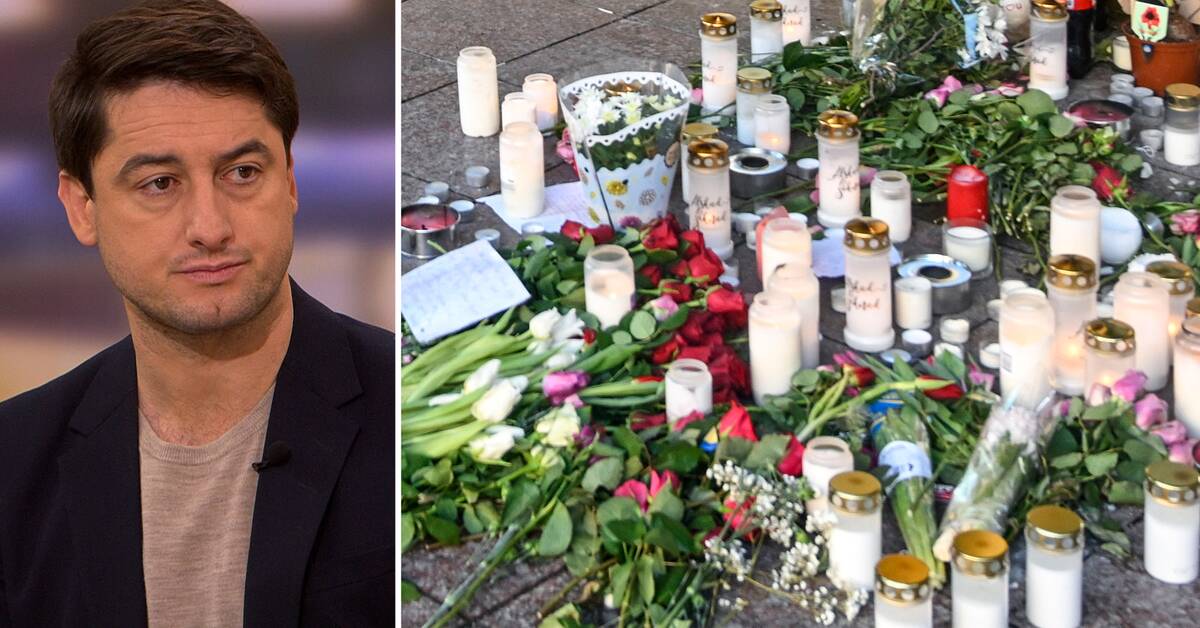One of the four arrested after the bombing in Grimsta near Vällingby is a well-known rap artist.
He has been praised for his music and has previously been convicted of, among other things, weapons offenses and drug offences.
At the end of last year, detonations took place at two addresses where major Swedish rappers are registered.
- We have seen many examples of celebrated rap artists who seem to have one foot left in the criminal environment.
They have grown up in these areas, surrounded themselves with people who have chosen a criminal career fully, some of them base their entire career on a certain authenticity, says SVT reporter Diamant Salihu, who has long covered gang crime.
Even if they themselves are not always the ones holding the weapon or responsible for the most serious crimes, they are still an important part of the grouping and image of the gang.
That's how it will continue to be in Swedish music tracks Salihu in SVT's Morgonstudion.
He believes that rappers with connections to gangs risk becoming targets and that can be the case even if you choose to leave that environment.
"Like true crime"
Dennis Franco is a journalist and has interviewed several rappers who left both music and the criminal environment in Uppdrag Granskning's "Top list's 100 guys".
He believes that there is an expectation from the audience about violence.
- This music is like true crime fixed on a beat, that's the edge people want, that it's really happening, says Franco.
There are those who leave, rap artists Aden and Moeewgli, Dree Low and Ille Freeway, all criminally charged, are examples of rappers who have left their music careers behind.
- Money is no protection, as long as you remain in Sweden and move in the public eye, you still have the enemies you have.
Emil Arvidson, who is writing a book about Swedish gangster rap, says that it is more difficult than it may seem from the outside for rappers to leave a criminal environment.
- There are patronage activities going on for many who make money in this kind of area, from the local tobacconist to a successful rapper.
Rapper Sebastian Stakset described it to me like this: "You can't just milk territory on stories that make you look tough - you have to relate to this power structure in society."
- It seems relatively difficult to get to another place if you have built this story around yourself, says Emil Arvidson.

